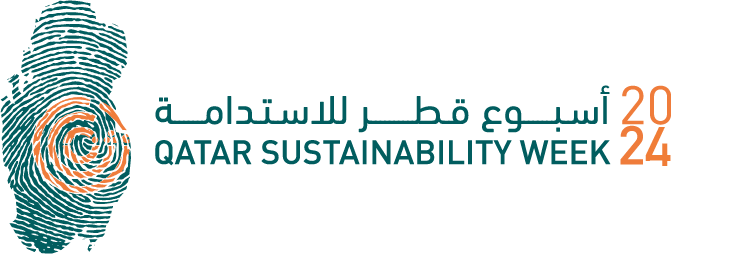Following the update of its NDC and the publication of its National Climate Change Action Plan in 2021, the State of Qatar is scaling up climate action. Refining and expanding current plans will require extensive analysis and the use of appropriate tools. Energy systems models (ESMs) are a key tool that is increasingly used around the world by governments of developed and developing countries alike. ESMs play a pivotal role in the development of national climate change policies and sector-specific strategies for energy efficiency and low-carbon technologies. QEERI, in partnership with Imperial College London and supported by QNRF (NPRP13S-0204-200250 grant), has developed the first ESM for the State of Qatar and aims to make it available to national stakeholders to support policy analysis.
The Qatar ESM we have developed is a bottom-up, technology-rich optimization model that uses the TIMES framework, originally developed at the International Energy Agency and currently the most widely used worldwide. Over the last 18 months, QEERI and Imperial College London collaboratively constructed and tested the model. We have now reached a stage where the model can be presented to stakeholders for validation and scenarios can be built that integrate stakeholder priorities. The chosen scenarios will then be explored through the model to identify feasible future GHG emission reduction pathways, which will be presented to stakeholders for discussion in subsequent workshops. The aim of the workshop therefore is to start the process of stakeholder engagement formally, introduce the model to the stakeholders for validation and seek their input on building a small set of policy-relevant scenarios for the country.
THIS IS A CLOSED WORKSHOP - IF INTERESTED TO ATTEND PLEASE COMPLETE THE FORM IN THE LINK

